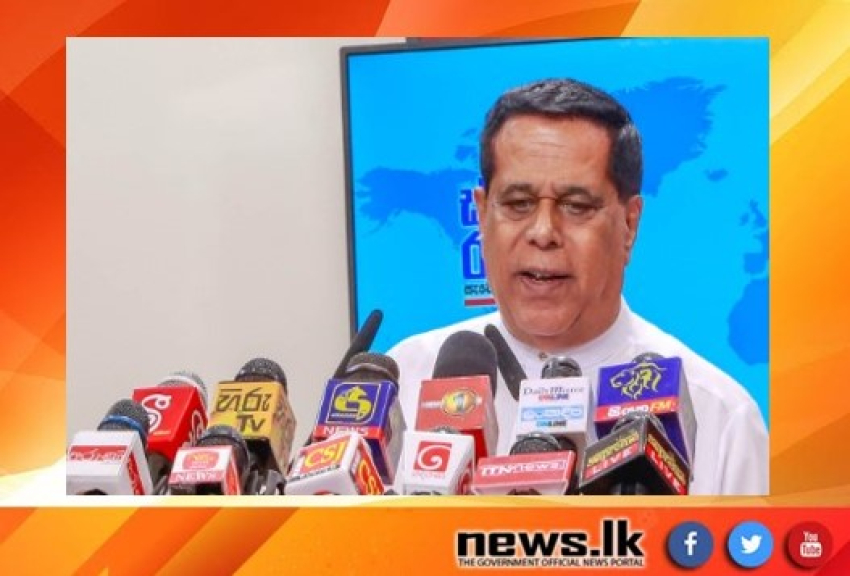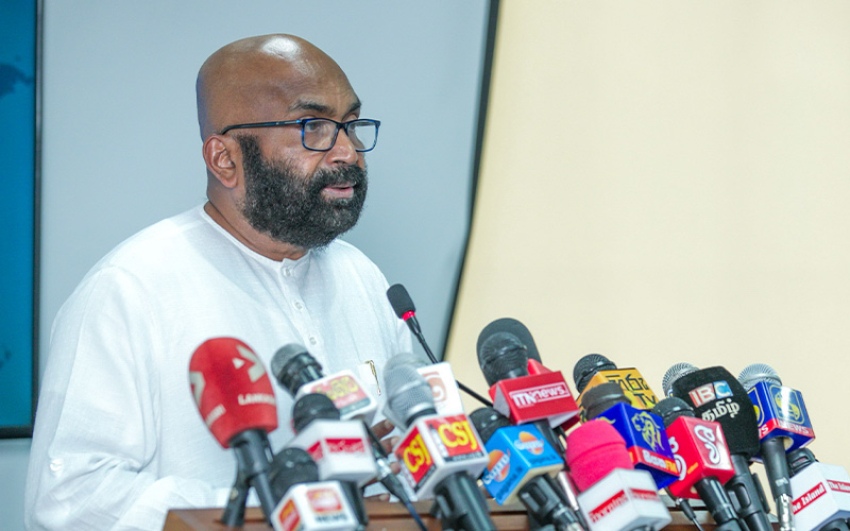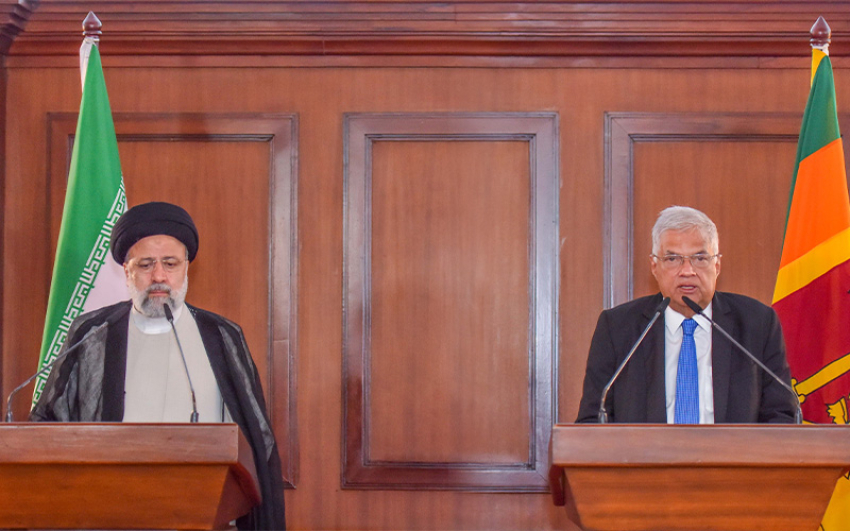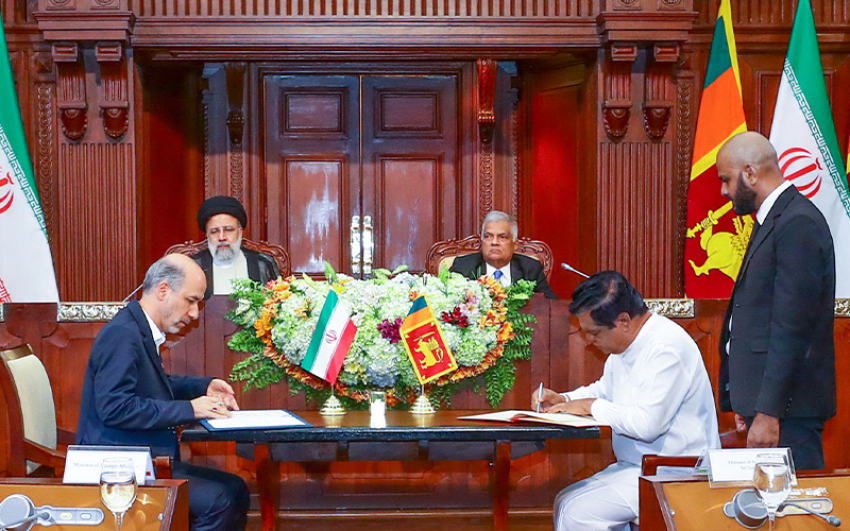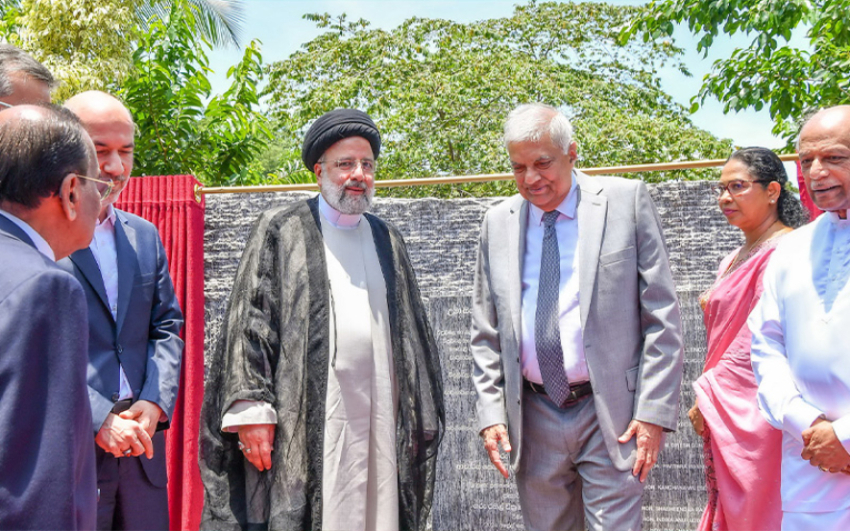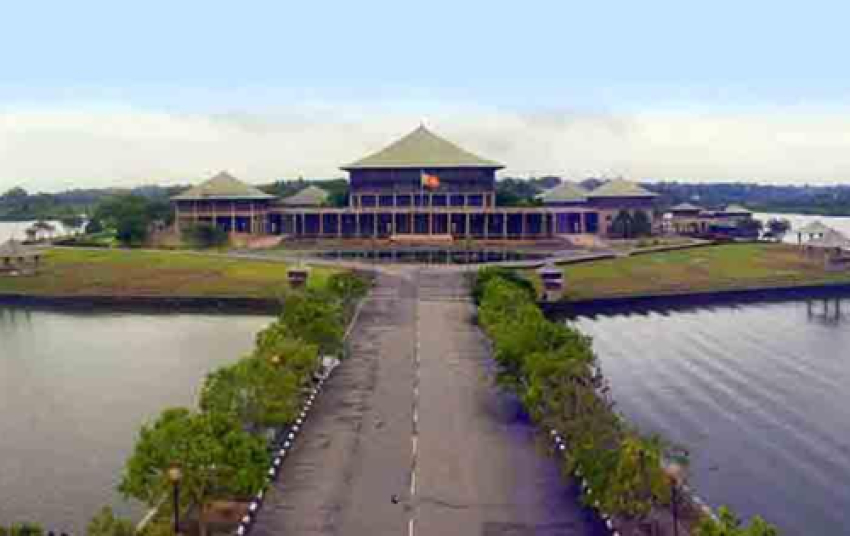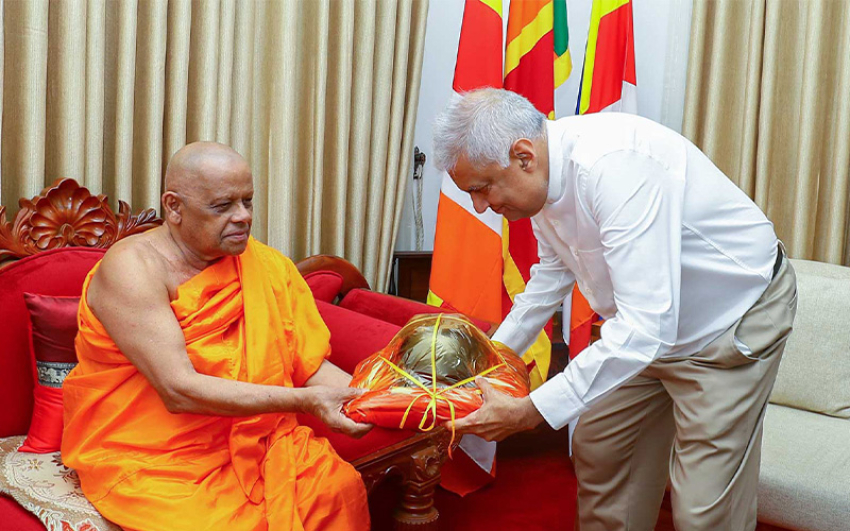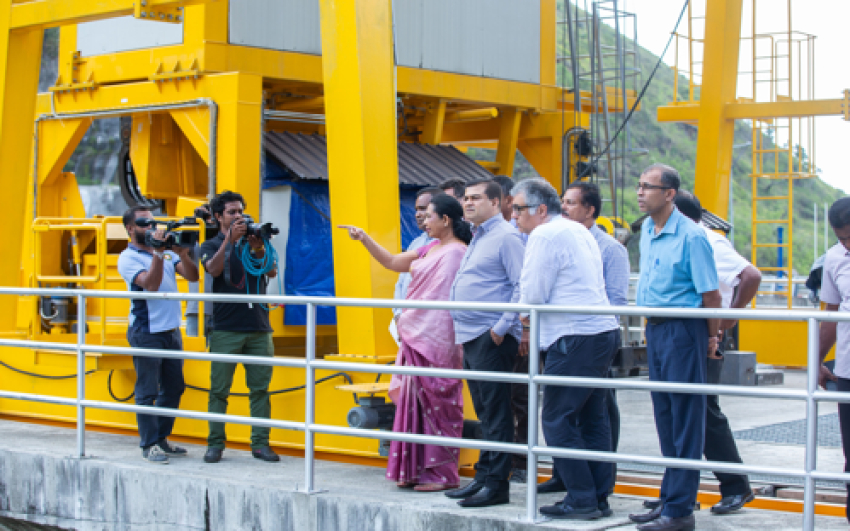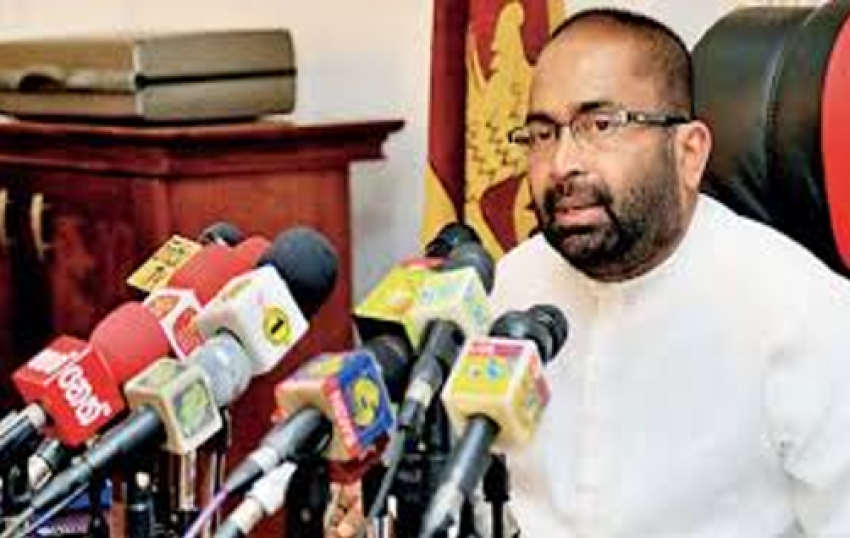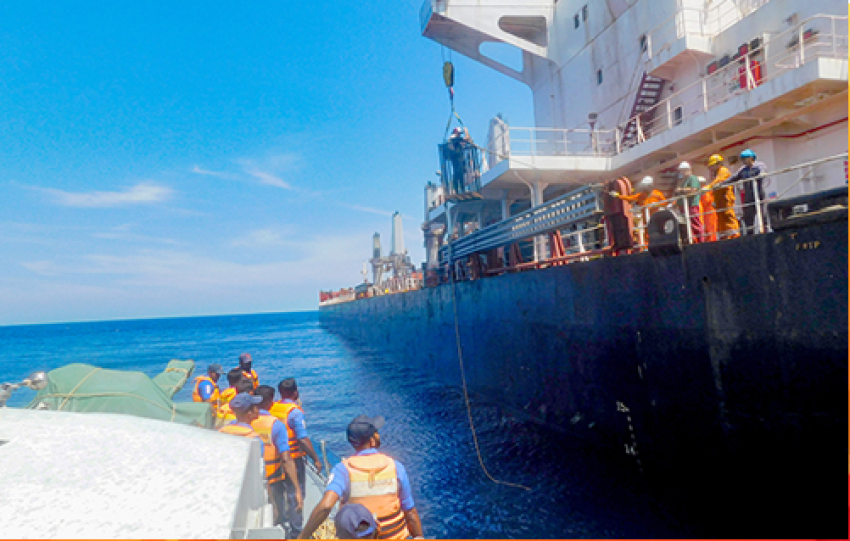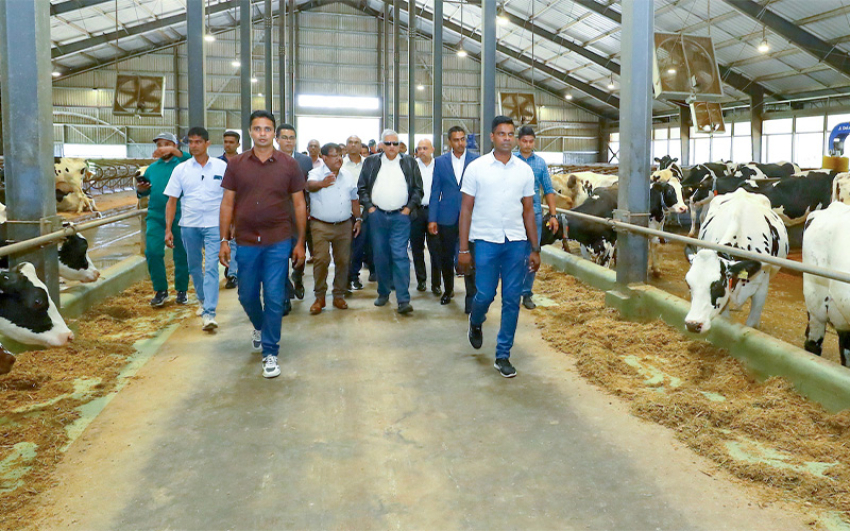Furthermore, the Minister emphasized that the budget outlined by President Ranil Wickremesinghe for the year 2024 marks the commencement of a comprehensive, long-term initiative aimed at the reconstruction of the national economy.
Minister Nimal Siripala de Silva articulated this perspective during his participation in a press briefing convened at the Presidential Media Centre (PMC), yesterday (17), held under the theme ‘One Way to a Stable Country’.
Minister Nimal Siripala de Silva, in his extended remarks, underscored the significance of the current budget, portraying it as the inception of a protracted initiative aimed at revitalizing the national economy, devoid of immediate profit considerations. He emphasized that the budget intricately lays out essential programs and policies for this purpose. While some may label it as an election-oriented budget, the Minister clarified that it is not formulated with anticipation of impending elections but rather as a strategic economic framework.
Had this budget been crafted with electoral considerations in mind, crucial development-related proposals and policies might have been neglected and the challenging decisions essential for economic stability might have been circumvented. The authorities could have resorted to inflationary measures such as printing more money or offering greater relief to the general populace.
The recent economic crisis and accompanying public demonstrations have significantly eroded the political and social stability of the country. It is imperative to recognize that a nation lacking political and social stability stands at a disadvantage in terms of securing financial aid, credit facilities and investments. Unfortunately, the current administration has been ineffective in adequately addressing these challenges. Despite extending an invitation to the opposition party to assume responsibility for managing the situation, their acceptance of such responsibility has not materialized.
During that critical period, Mr. Ranil Wickremesinghe assumed the challenging responsibility and presented a clear policy direction. He underscored his commitment to implementing projects with a long-term nation-building focus, rather than pursuing short-term, popular initiatives. This approach, as mentioned earlier, may not immediately translate into widespread relief for the populace. However, the President has actively worked to alleviate the hardships faced by marginalized segments of the population.
Simultaneously, a comprehensive national economic development program has been set in motion. This year’s budget has addressed various impediments that have historically hindered the country’s progress, thereby establishing a foundational framework to propel the nation towards sustainable development.
While there may be assertions that the people have not tangibly benefited from the 2024 budget, it is crucial to note that significant concessions have indeed been extended to the public. These include salary increments for government employees, augmented allowances for the elderly and disabled, and provisions for education, health, regional development, and granting free land rights. It is imperative to recognize that funding these initiatives necessitates a robust revenue stream for the government. The budgetary allocations and concessions are designed to address the diverse needs of the populace while also ensuring the financial sustainability of these welfare programs.
It is imperative to align income with expenditure, a foundational principle encapsulated within the concept of a budget. Governments routinely finance the expenses associated with relief programs by leveraging tax revenues collected from the populace.
Maintaining equilibrium between expenditure and income is imperative. Under the current circumstances, augmenting relief efforts necessitates an increase in taxation. It is crucial for the public to comprehend this fiscal mechanism. Despite salary increments by Rs. 10,000, certain factions persist in rallying for additional raises, a stance that, when examined pragmatically, appears more aligned with anti-government sentiments. It is essential for the citizens of our nation to recognize the practical limitations associated with such demands.
Critics assert that the preceding government’s substantial tax concessions contributed to the economic downturn. Interestingly, this critique tacitly acknowledges the necessity of tax increases. However, when such measures are proposed, opposing sentiments are vocalized through raised slogans. This dichotomy underscores the existence of conflicting perspectives. It is crucial for the public to discern the complexities of this situation.
We anticipate the disbursement of the second instalment from the IMF by December. Beyond the financial inflow, the paramount significance lies in the trust instilled by other lenders through this transaction. This trust not only facilitates dealings with additional international financial institutions but also serves as a crucial avenue for engagement. It is noteworthy that upon the successful conclusion of our debt restructuring process, we are poised to resume all stalled development activities across the country.
The on-going process of restructuring financially unsustainable government institutions is currently in progress. Additionally, efforts are underway to reorganize institutions facing challenges in revenue collection. This includes initiatives to minimize corruption within entities such as the Customs, Excise Department, and Income Tax Department, transforming them into entities dedicated to the formal collection of funds for the government.
Concurrently, the government’s economic programs are advancing successfully. According to the Central Bank, the country’s reserves have reached US $ 3.5 billion as of today, indicating positive momentum in economic stability and financial management.
PMD

